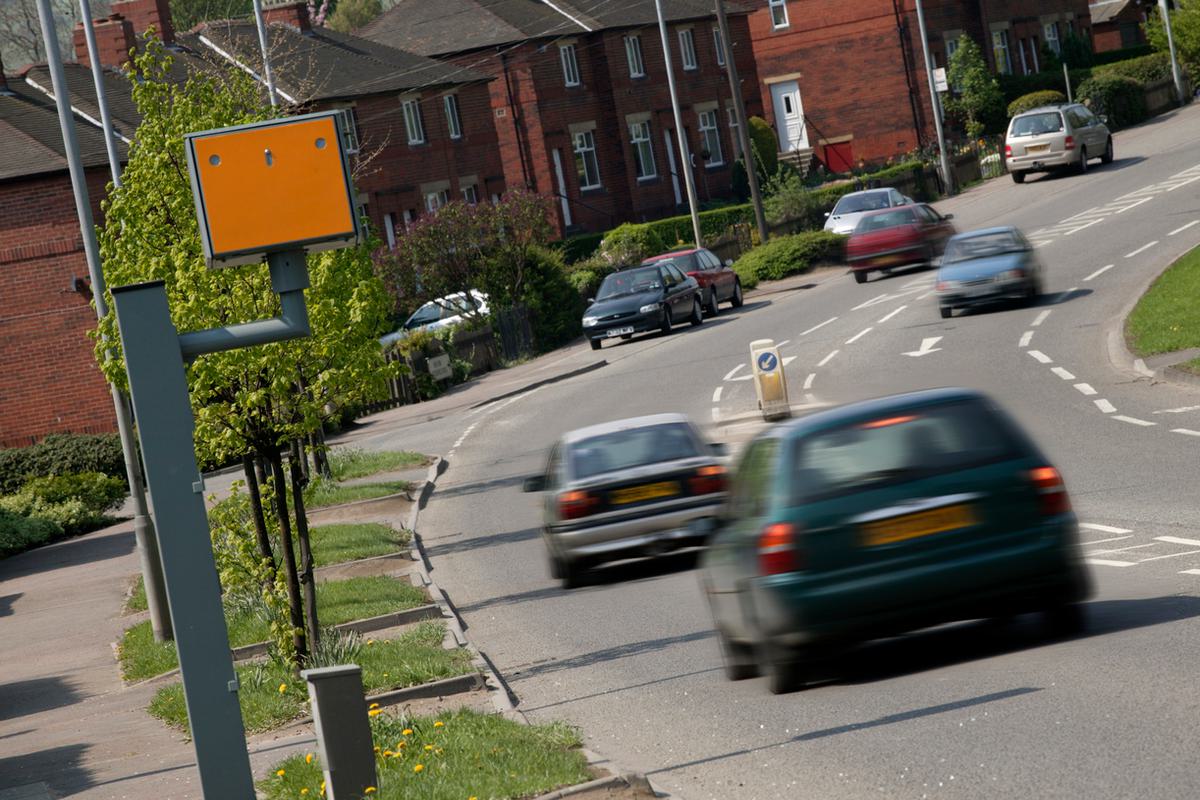New powers for local authorities for moving traffic violations

New powers are set to be given to local authorities, as the transport secretary has suggested that they will be given legislative powers when it comes to moving traffic violations.
These powers already exist for councils in London and Wales. In London, a total of 1,439,942 charge notices were issued by 29 London boroughs in 2017-2018 for moving traffic violations. These violations included: failure to comply with a no entry sign, stopping in a yellow box junction, incorrect bus lane use and prohibited left or right turns.
Traffic Management Act 2004
Under the Traffic Management Act, councils need to apply for powers to enforce moving traffic violations. Most local authorities already have control of issuing penalties for parking and bus lane traffic contraventions, only London and Wales have the power to enforce other moving traffic violations at present.
Benefits to communities
At present, any revenue collected for moving traffic violations is paid into the Consolidated Fund, which is regarded as Central Government’s current account and used towards general government expenditure, rather than ring-fenced for specific spending.
The transfer of powers for moving traffic violations means that police officers will be freed up to focus on crime within the community.
The benefits to the local area include safer roads for drivers, cyclists and pedestrians, with potentially fewer road traffic accidents. The plans will also mean that traffic flows better and that local authorities can better plan for new housing and roads.
The revenue raised will also mean that councils can fund public transport improvements and tackle congestion, meaning that emissions can be reduced and that the environment is improved for the local community.
RAC survey
An RAC survey questioned 1,990 drivers and found that motorists want a softer approach to enforcement, with two thirds thinking that warning letters should be issued for a first violation, followed by a PCN for subsequent infringements.
A fifth of respondents surveyed thought that there should be a lower penalty charge amount for the first violation, with a higher penalty if subsequently repeating the offence.
Local authorities will need to carefully consider the balance that can be struck between generating revenue and ensuring that motorists don’t feel like they are being unfairly penalized.
If these new powers are handed to councils then engagement with the community to ensure that repeat offenders and areas of high congestion and traffic incidents and accidents are prioritised and that the roads are made safer for everyone as a result.



